Black mold stealthily invades the damp, snug corners of your home, such as your bathroom, basement, or kitchen, flourishing in these concealed areas.
There are several ways to detox your body from black mold. One option is to seek medical attention from a healthcare provider who specializes in mold exposure.
Exposure to black mold can lead to a variety of health problems, including respiratory issues, skin irritation, and headaches.
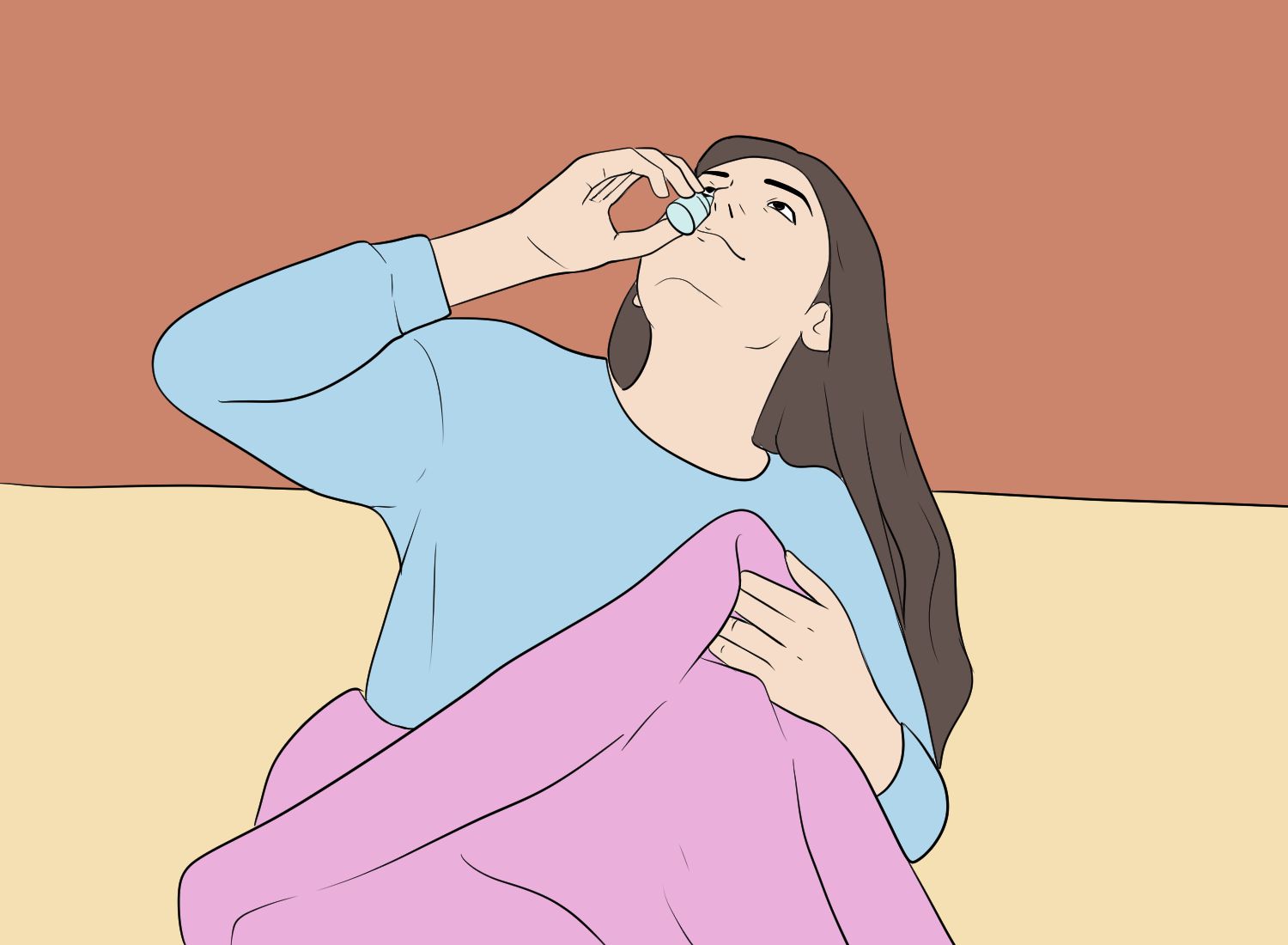
What we cover
ToggleSymptoms of black mold exposure
Exposure to black mold can cause a range of symptoms, which can vary depending on the individual’s sensitivity, the amount and duration of exposure, and the type of mold. Some common symptoms include:
- Sneezing
- Coughing
- Congestion
- Eye irritation
- Skin rash or irritation
- Headache
- Fatigue
- Difficulty breathing
- Nausea
- Dizziness
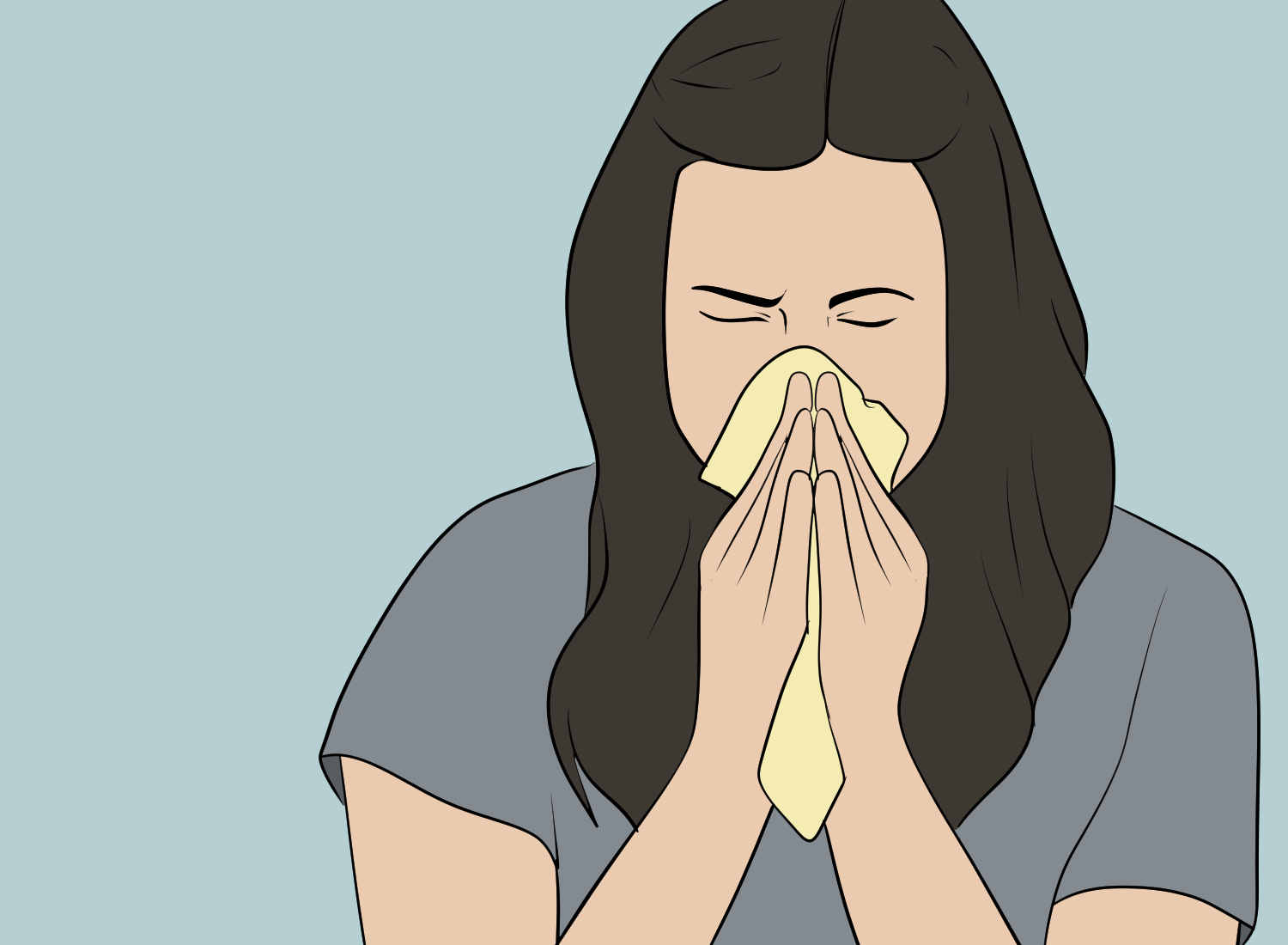
Persons with pre-existing conditions
In some cases, exposure to black mold can worsen pre-existing conditions such as asthma and allergies.
People with weakened immune systems, such as those undergoing chemotherapy or with HIV/AIDS, may be more susceptible to severe symptoms.
If you have a pre-existing medical condition, such as asthma or allergies, it’s especially important to take steps to prevent exposure to black mold.
This may include avoiding damp areas, using a dehumidifier, and regularly cleaning and inspecting your home for mold growth.
Exposure to black mold
It’s important to note that not everyone who is exposed to black mold will experience symptoms.
However, if you suspect that you have been exposed to black mold and are experiencing any of the symptoms listed above, it’s important to seek medical attention.
Importance of professional mold remediation
When it comes to dealing with black mold, it’s important to understand the risks of DIY mold removal and the benefits of professional services.
While it may be tempting to try and remove mold on your own, it’s important to consider the potential risks and drawbacks.
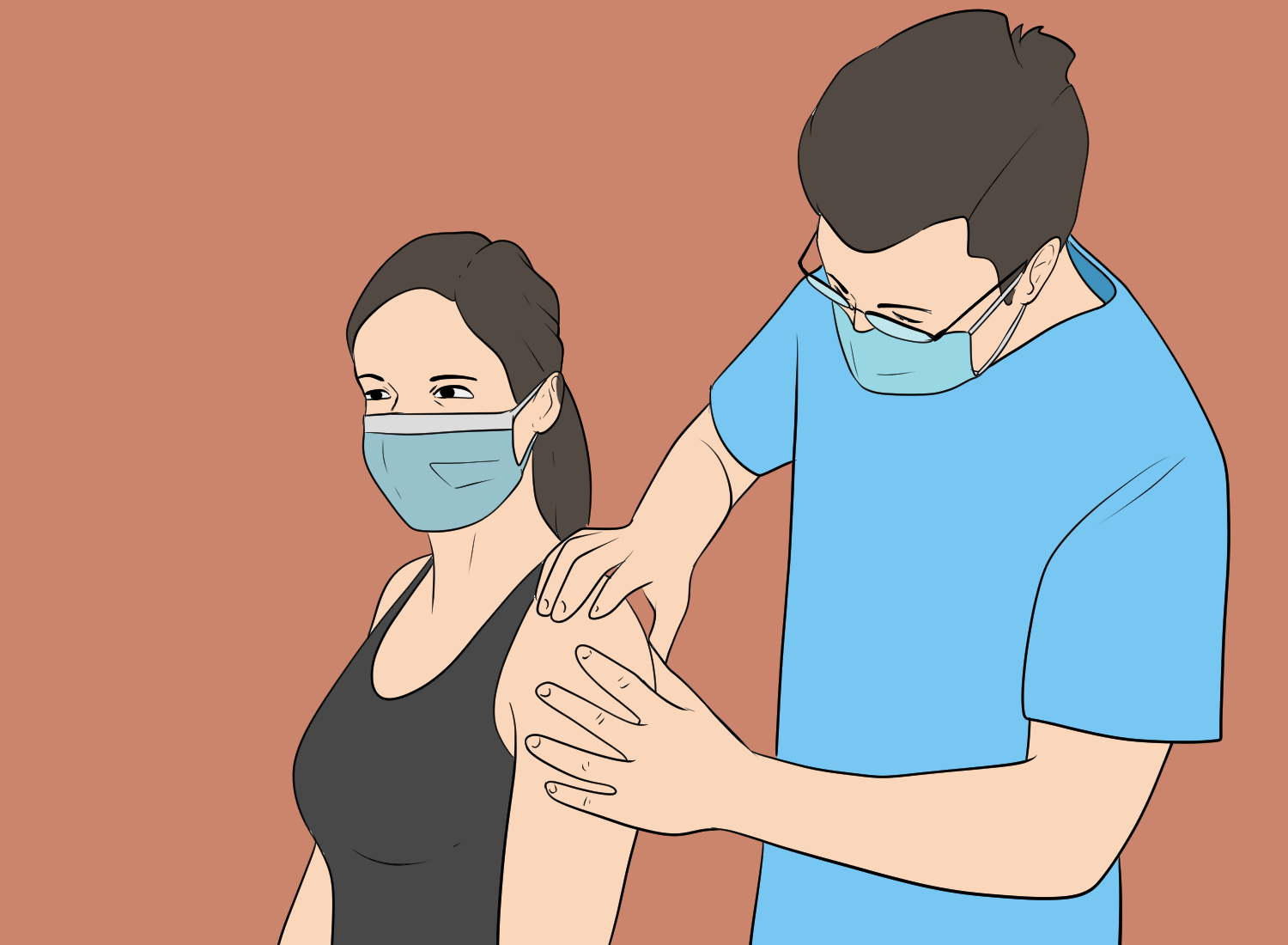
Risks of DIY mold removal
Attempting to remove mold on your own can be dangerous and ineffective. Here are some of the risks associated with DIY mold removal:
- Lack of proper equipment and training can lead to inadequate removal, leaving mold spores behind.
- Exposure to mold spores can cause health problems such as respiratory issues, headaches, and skin irritation.
- Improper handling of mold-contaminated materials can lead to cross-contamination and the spread of mold to other areas of the home.
- In some cases, attempting to remove mold on your own can actually make the problem worse, leading to more extensive and expensive remediation efforts down the line.
Benefits of professional services
Hiring a professional mold remediation service can provide a number of benefits, including:
- Proper equipment and training to ensure thorough removal of mold spores.
- Knowledge of the latest techniques and technologies for effective mold remediation.
- Expertise in identifying and addressing the root cause of mold growth to prevent recurrence.
- Minimization of health risks associated with mold exposure.
- Reduction of the risk of cross-contamination and spread of mold to other areas of the home.
- Peace of mind knowing that the job is being handled by experienced professionals.
Overall, when it comes to black mold remediation, it’s important to prioritize safety and effectiveness. While DIY mold removal may seem like a cost-effective solution, the risks and potential drawbacks make it a less than ideal option.
Hiring a professional mold remediation service can provide the expertise and peace of mind needed to effectively address the problem and prevent recurrence.
Detoxification process
To effectively detox from black mold, it is important to follow a comprehensive plan that includes medical consultation, a detox diet, and supplements and medications. Here are the key components of the detoxification process:
Medical consultation
Before starting any detoxification process, it is important to consult with a medical professional.
They can help you determine if you have been exposed to black mold and if you are experiencing any symptoms of mold toxicity. They can also help you develop a plan to detox safely and effectively.
Detox diet

A detox diet is an important part of the detoxification process. It involves eliminating foods that can contribute to inflammation and adding in foods that support the body’s natural detoxification processes.
Here are some foods to include in your detox diet:
- Leafy greens
- Cruciferous vegetables
- Berries
- Citrus fruits
- Garlic
- Ginger
- Turmeric
- Omega-3 rich foods like salmon and chia seeds
It is also important to drink plenty of water and avoid alcohol and caffeine during the detoxification process.
Supplements
Supplements can be helpful in supporting the body’s natural detoxification processes. Here are some supplements that may be beneficial during the detoxification process:
- Probiotics
- Glutathione
- Milk thistle
- N-acetyl cysteine (NAC)
- Vitamin C
- Magnesium
It is important to consult with a medical professional before starting any new supplements.
Medications
In some cases, medications may be necessary to support the detoxification process. For example, cholestyramine may be prescribed to help bind to and remove mycotoxins from the body.
It is important to work with a medical professional to determine if medications are necessary and to ensure they are used safely.
By following a detoxification plan that includes medical consultation, a detox diet, and supplements and medications, it is possible to effectively detox from black mold and support the body’s natural detoxification processes.
Lifestyle changes
Making lifestyle changes is an important part of detoxifying from black mold. Here are some key areas to focus on:
Exercise

Regular exercise is essential for maintaining good health and promoting detoxification. Exercise helps to increase circulation, which in turn helps to remove toxins from the body.
It also helps to boost the immune system, which is important for fighting off mold-related illnesses.
Some good types of exercise to try include:
- Yoga
- Pilates
- Aerobic exercise
- Resistance training
It’s important to find an exercise routine that works for you and to stick with it. Aim for at least 30 minutes of moderate exercise most days of the week.
Hydration
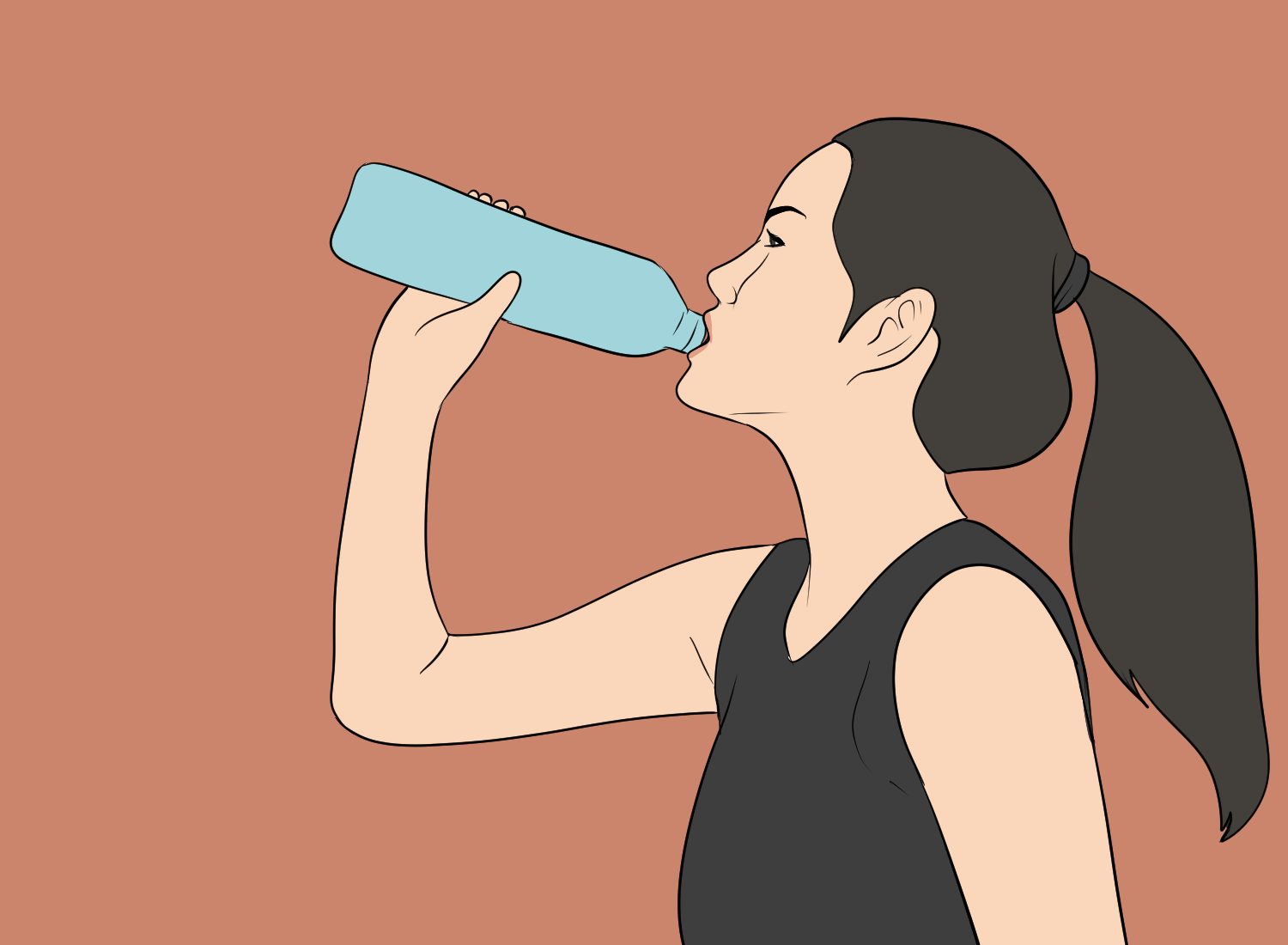
Drinking plenty of water is essential for detoxifying from black mold. Water helps to flush toxins out of the body and keeps the body hydrated. Aim for at least 8 glasses of water per day, and more if you are exercising or sweating heavily.
In addition to water, you can also try drinking herbal teas, such as dandelion tea or milk thistle tea. These teas are known for their detoxifying properties and can help to support liver function.
Rest and recovery
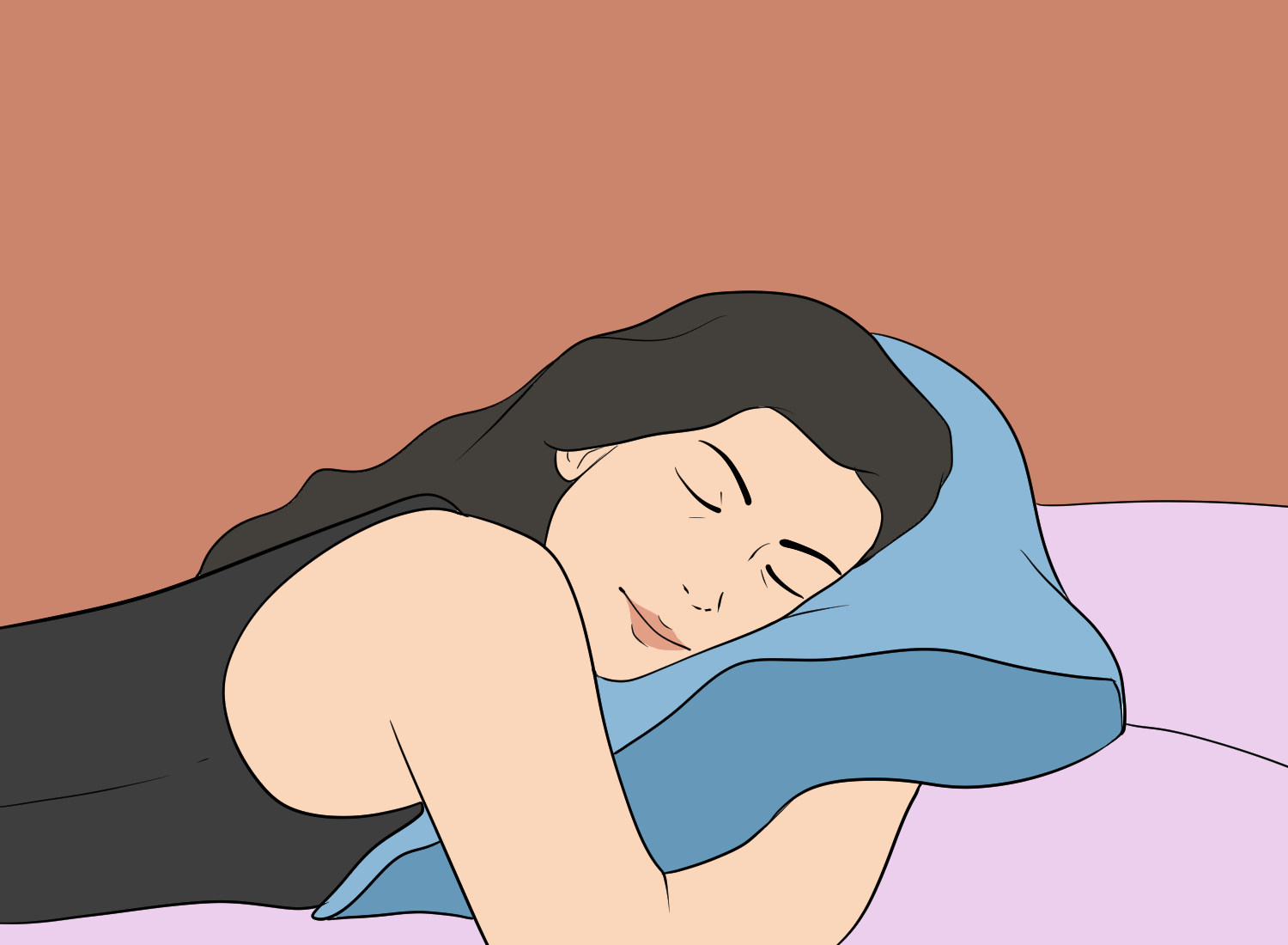
Getting enough rest and recovery is also important for detoxifying from black mold. When you are well-rested, your body is better able to fight off infections and remove toxins from the body.
Some tips for improving your sleep include:
- Establishing a regular sleep schedule
- Creating a relaxing sleep environment
- Avoiding caffeine and alcohol before bed
- Practicing relaxation techniques, such as meditation or deep breathing
In addition to getting enough sleep, it’s also important to take time to relax and unwind. Stress can have a negative impact on your immune system and can make it harder for your body to detoxify. Some good ways to relax include:
- Taking a warm bath
- Practicing yoga or meditation
- Spending time in nature
- Listening to calming music
By making these lifestyle changes, you can help support your body’s natural detoxification processes and improve your overall health and well-being.
Prevention of future mold exposure
Prevention of future mold exposure is essential to ensure that you do not experience the same problems again. Here are some effective ways to prevent mold growth:
Regular home inspection
Regular home inspection is essential to identify any potential mold growth areas in your home.
Check for any water leaks, dampness, and moisture in your home. Inspect your home’s walls, ceilings, floors, and windows for any signs of water damage or mold growth.
If you notice any mold growth, clean it immediately and fix the source of moisture.
Proper ventilation
Proper ventilation is crucial to prevent mold growth. Ensure that your home has adequate ventilation in all areas, including the kitchen, bathroom, and laundry room. Use exhaust fans to remove moisture and humidity from these areas.
Open windows and doors to allow fresh air to circulate in your home.
Humidity control
Humidity control is essential to prevent mold growth. Keep your home’s humidity levels below 60% by using dehumidifiers, air conditioners, or ventilation systems.
Fix any leaks or water damage immediately to prevent moisture buildup in your home.
By following these prevention methods, you can significantly reduce your risk of future mold exposure. Regular home inspection, proper ventilation, and humidity control are simple yet effective ways to keep your home mold-free.






